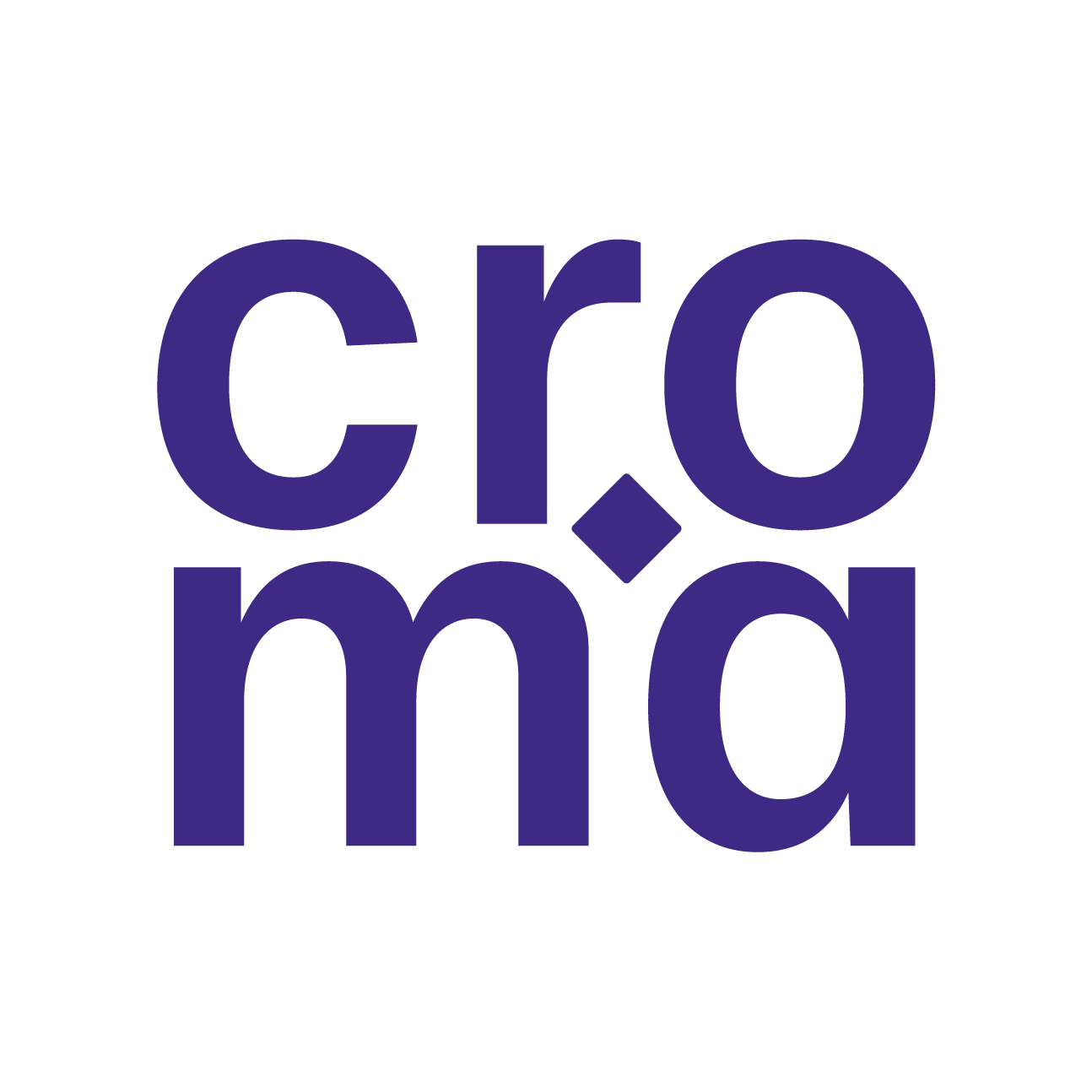All opportunities
Search...
Offers : 1
Co-Integration of Photonic Multichip Module for THz Frequency Generation
Start date : 01/10/2024
offer n° CROMA-PHOTO-03-19-2024
Co-Integration of Photonic Multichip Module for THz Frequency Generation
KEYWORDS :
Laser, Integrated Optics, TeraHertz, Communications
CONTEXT:
The technological development of communications devices, new and futures uses such as video conferencing, streaming, Internet of Things (IOT), 6G, AI, continue to further increase the pressure on telecommunications systems to reduce latency while simultaneously increasing both data rates and the number of connected devices. This recurring problem in the world of telecommunication leads to different communication generation (3G,4G, 5G…).
The frequency bands currently used for telecommunications already cover a large part of the spectrum, including the experimental bands at 60 GHz in the 5G standard. To tackle this problem, 6G plans to use sub-terahertz frequencies (>100GHz) and European roadmap expects to launch commercial products as soon as 2030. Systems operating at such frequencies are difficult to conceive because they are not compatible with standard architectures. Optical technics offer competitive solutions to reach these band, and even higher frequencies. Such realization is also of interest for a wide range of application, including spectroscopy, sensing, radars…
The ideal solution would rely on high performance integrated devices, compatible with current communications systems and capable of evolving to meet the demand of future needs.
At the CROMA laboratory, we recently demonstrated the use of co-integrated lasers on glass for communication system and the generation of continuous carrier at frequency up to terahertz (300GHz) with outstanding spectral properties.
OBJECTIVES:
The PhD work will be carried out as a part of a national research project, involving academic and industrial partners. Our goal is to fabricate a co-integrated multi-chip module for the generation and high speed modulation of terahertz signals. The candidate will focus on the design, manufacturing, characterization and simulation of the laser modules. The integrated laser chips will be produced using the technological facilities available at the CROMA,
including dedicated clean room, with the help of technical support, and advanced characterization systems (atomic force microscopy, dedicated optical benches…).
The laser chip will be optically and mechanically interfaced with a Lithium Niobate chip realized by an industrial partner, specifically for this project. Consequently, the applicant will be involved in the co-design of the two structures and in the definition of interconnecting solution of the two chips. The module will be packaged to be characterized and tested by different partners. The candidate will be involved in experiments at the different sites during
the project.
EXPECTED WORK:
- Model and simulation of the manufacturing process, including the fabrication of waveguides using ion exchange techniques and the realization of Bragg grating by photolithographic process.
- Laser Manufacturing including clean room process, molecular bonding, dicing and polishing
PhD Position
- Characterization of components, including geometrical (AFM) and optical evaluation (mode profile, gain/loss, spectral measurements… )
- Advanced characterizations: optical intensity noise, optical and RF linewidth will be estimated using opto-RF characterizations. Preliminary communication experiments will be carried-out at the CROMA laboratory using advanced modulations, including optical coherent formats.
- Collaboration with industrial and academic partners from design to experimental validation.
The work plan is composed of different steps:
- bibliographic studies to determine the current state-of-art and position the thesis results
- Analysis and handling of in-house existing simulation tools
- trainings on fabrication process and characterization tools
- reporting : technical reports, scientific publication and conferences
APPLICANTS:
We are looking for candidates inclined to develop advanced skills in the manufacturing and characterization of integrated optics and laser devices. Theoretical training in electromagnetism and laser physic is highly recommended, if not essential. The doctorate will benefit from an environment recognized both for its scientific level (in the top 5 of the world’s innovative cities, 25.000 researchers, 65000 Students…) and for its environment (French Alps).
The laboratory facilities being located in secured areas, the final decision is also depending on the acceptance of the application by a security officer.
The thesis funding is part of a national research project already underway.
Applications should include CV, cover letter, academic marks and diplomas.
Expected starting date: Oct. 2024
For more details, please contact:
Julien POËTTE julien.poette@grenoble-inp.fr
Lionel BASTARD lionel.bastard@grenoble-inp.fr
Jean-Emmanuel BROQUIN jean-emmanuel.broquin@grenoble-inp.fr
- Keywords : Engineering sciences, Electronics and microelectronics - Optoelectronics, CROMA, FMNT
- Laboratory : CROMA / FMNT
- CEA code : CROMA-PHOTO-03-19-2024
- Contact : julien.poette@grenoble-inp.fr



 Contact us
Contact us How to find us
How to find us









 Telecharger ma sélection
Telecharger ma sélection Reset
Reset